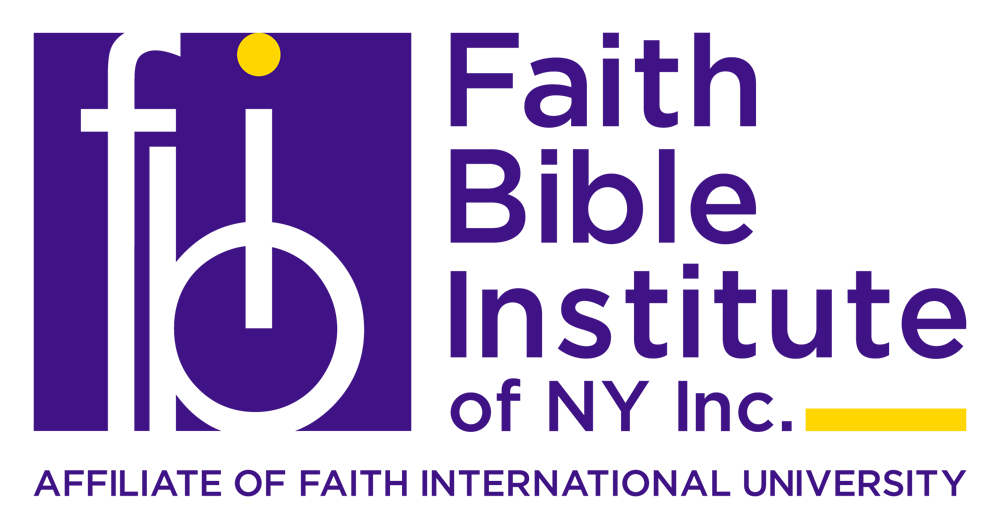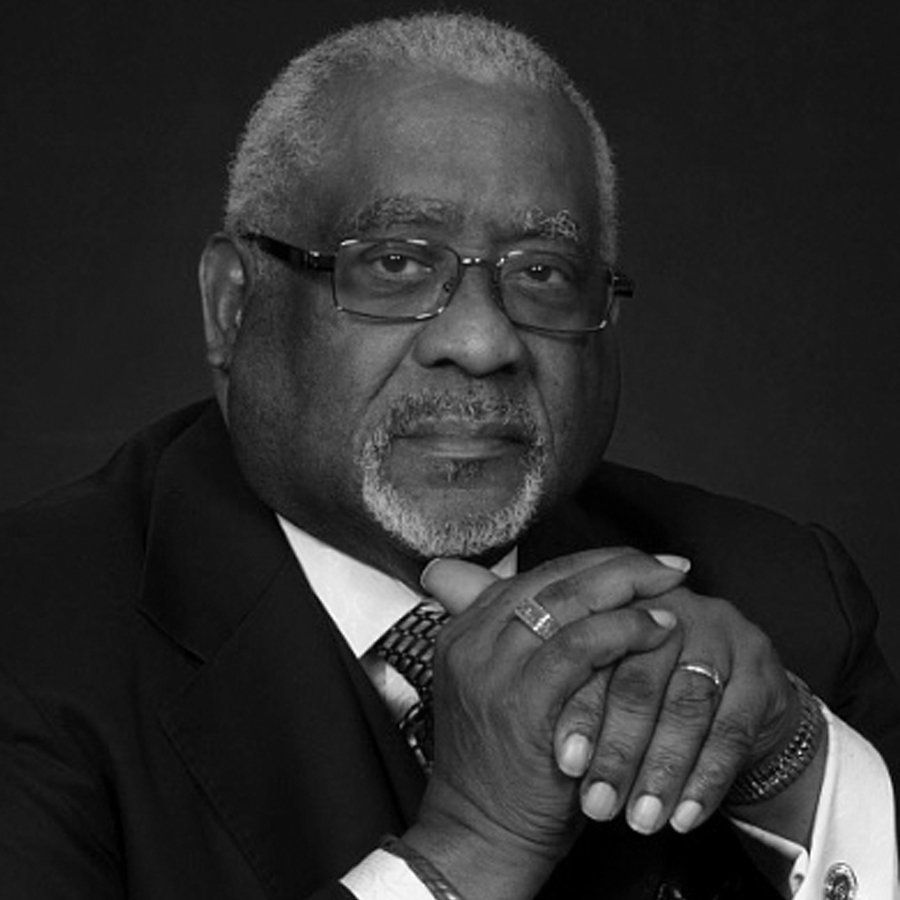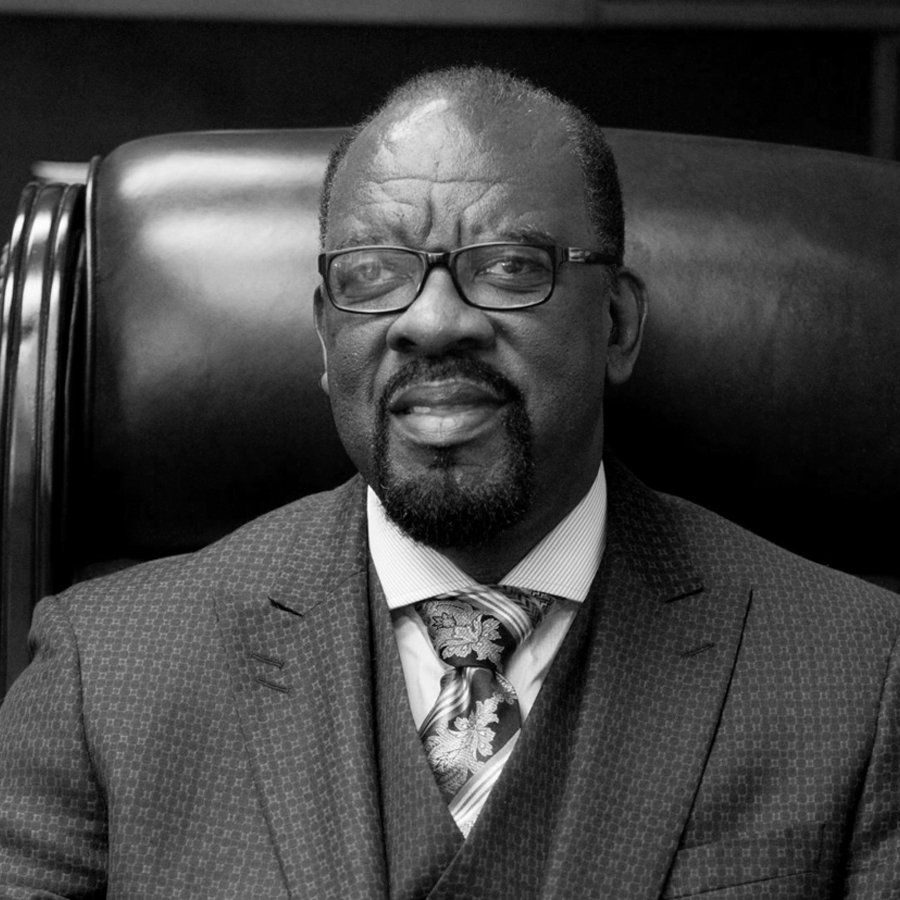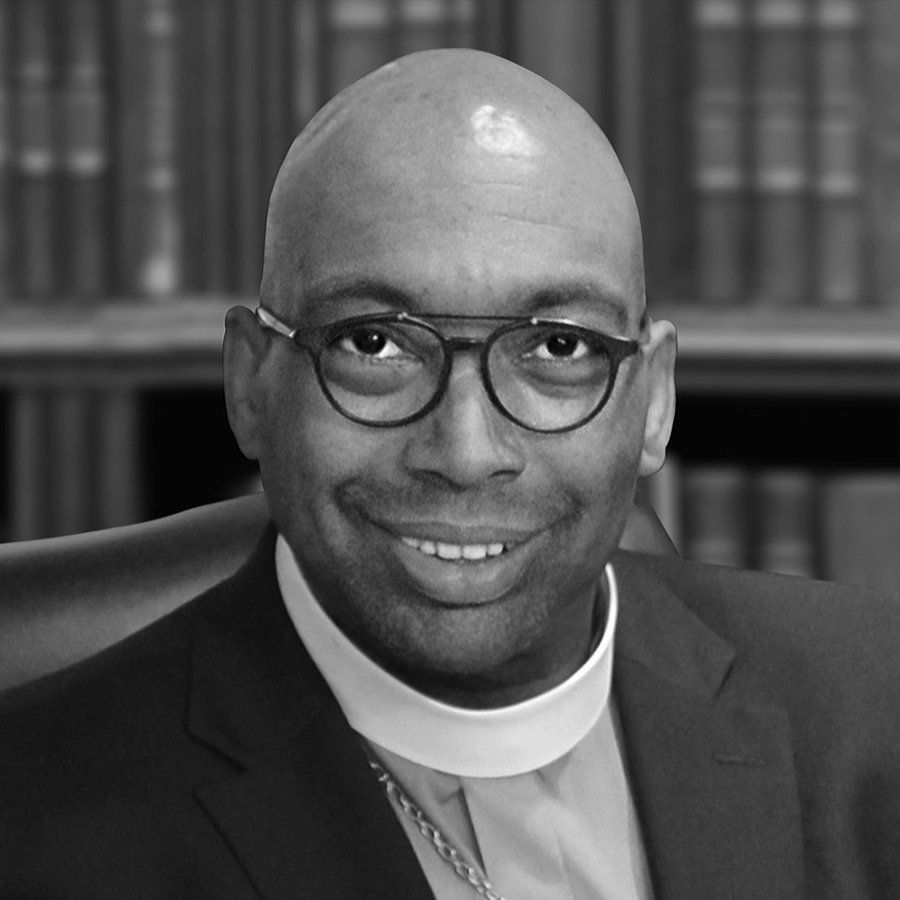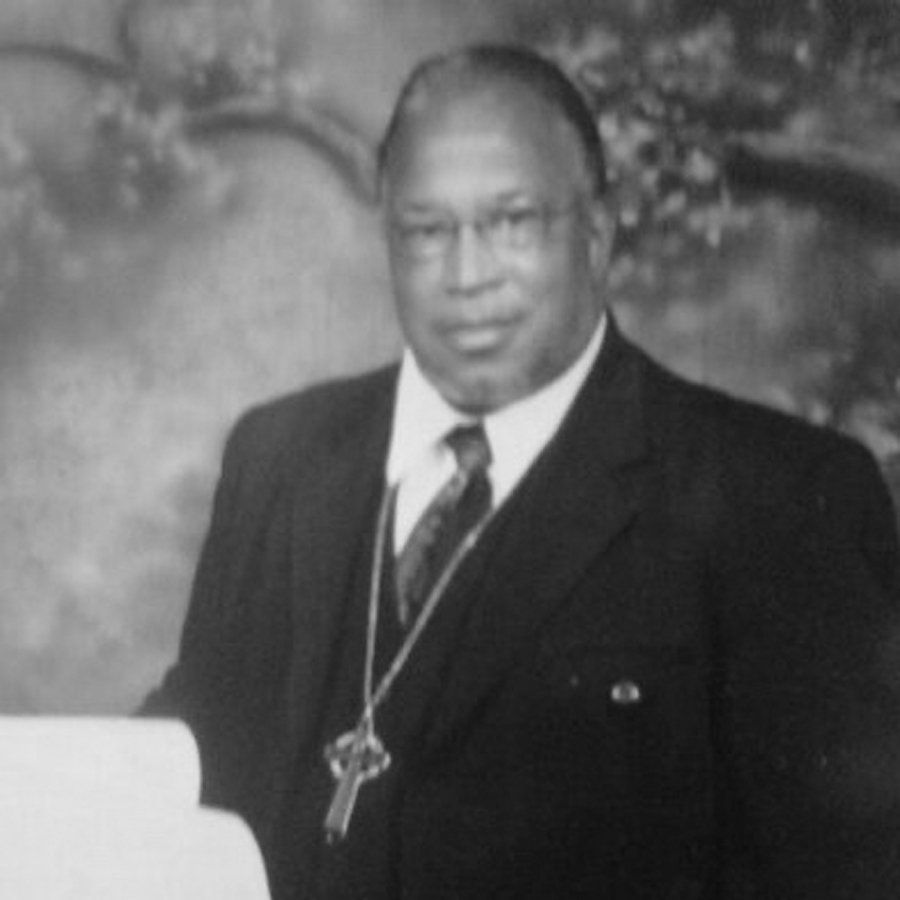DOCTRINE OF creation
DOCTRINE OF CREATION
This course investigates the Christian understanding of creation and how this doctrine relates to contemporary scientific issues. We will examine the development of the doctrine beginning with Scripture and the Creed and progressing through the early Church period into the Medieval and Scholastic era, focusing on the concepts of creation ex nihilo, creation continua, divine Providence, and divine action in the world. With the rise of the modern era, we will analyze the origin of and principles involved with the purported conflict between science and theology. We will bring the doctrine of creation into dialogue with three contemporary issues in the sciences: cosmology, evolution, and ecology. Integral to this course will be the relationship and response of humankind to God and to creation. This course will have a special appeal to students interested in the intersection of science and theology.
Credits: 3
Instructor: Dr. James Hassell
LEARNING OBJECTIVE
By taking this course students will be able to analyze and interpret the biblical text, with attention to the religious beliefs and practices it reflects, using standard scholarly methods and tools. Moreover, by taking this course, they will be able to demonstrate knowledge, with particular attention to origins and historical development, of central texts, beliefs, ethical understandings, and practices of both Judaism and Christianity, insofar as these biblical texts are universally acknowledged to be the foundational religious texts of both these religious traditions.
EXPECTATIONS
Skills (Critical Thinking Skills and Dispositions):
Students in this course will be expected:
1) to "comprehend, paraphrase, summarize, and contextualize the meaning" of various literary genres employed by the biblical authors and the interpretations they have given rise to, in class discussions, quizzes and/or examinations, and, in some sections, essays, based upon a close reading of the biblical text and following upon lectures modeling the application of appropriate theological, historical, literary, and hermeneutical skills;
2) to "evaluate the strengths and weaknesses of varying points of view" in class discussion, quizzes and/or examinations, and, in some cases, essays, upon coming to understand the origins and development of central religious ideas and values against the backdrop of the exigencies of their particular times and circumstances;
and 3) to monitor their own "individual thinking or behavior in order to question, confirm, validate, or correct it" in class discuss or perhaps reflective essays, in which students will be encouraged, for example, to examine the consequences of various and often conflicting interpretations of important biblical texts (e.g., creation in Genesis 1 or the divine promise of the land to Abraham's descendents in Genesis 12) or to probe the basis of their own religious convictions and beliefs after confronting their historical roots in reading and lecture.
